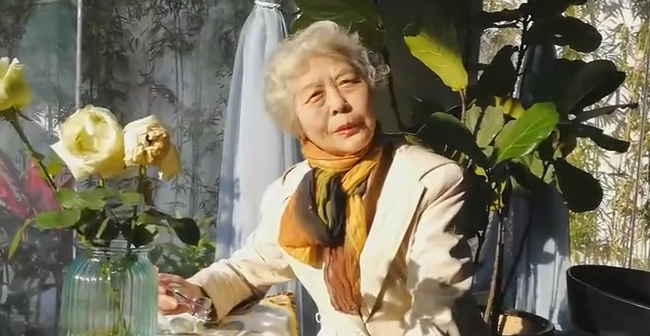
1.What does the underlined words “opted for” mean in Chinese?
A 热爱.
B 喜欢.
C 选择.
D 放弃.
解析:选C。词义猜测题。根据后文可知漆女士选择了世界各地旅行而不是待在家里照顾晚辈,故选C。
2.What is the traditional thoughts about the Chinese elderly?
A They should look after their grandchildren.
B They should travel around the world.
C They should have their own lives.
D They should take care of their children only.
解析:选A。A 细节理解题。根据第二段第一句The short online video has arisen a hot online discussion about the traditional idea that China’s elderly should move in with their children and spend the rest of their lives taking care of grandchildren.可知传统观念是老年人应该和儿女住在一起并照顾儿女和孙辈,故选A。
3.Where did Ms Qi go in her latest trip?
A Europe.
B North America.
C Japan.
D Quanzhou.
解析:选D。细节理解题。根据第三段第二句Pear Video followed her as she started her latest trip to Quanzhou in China's southeast Fujian Province. 可知漆女士最近一趟旅行去了福建泉州,故选D。
4.Why does Ms Qi like travelling with students?
A Because they will pay for her.
B Because they have fresh things to say.
C Because they make her look younger.
D Because they can offer her a free dormitory.
解析:选B。细节理解题。根据第三段最后一句"I like talking with them and they have lots of fresh things to say," she says.可知漆女士喜欢和学生待在一起是因为学生们总是有新鲜事儿说,故选B。
5.How often does Ms Qi get connected with her mother?
A Every day.
B Twice a week.
C Every week.
D Every month.
解析:选A。细节理解题。根据最后一段第一句Her mother is still alive, and Ms Qi says she video-calls the 92-year-old daily to let her know how she is, and frequently posts pictures on social media for her children and grandchildren.可知漆女士每天都会跟自己的母亲视频通话,故选A。